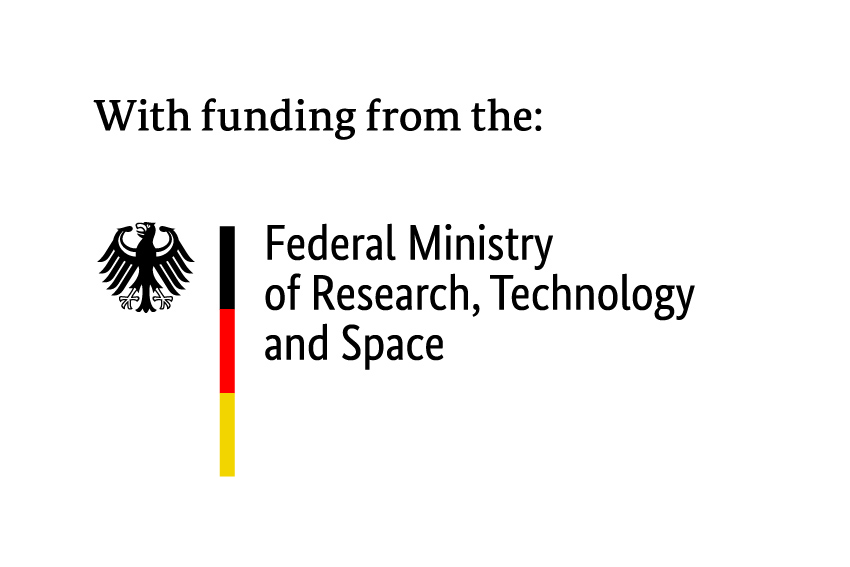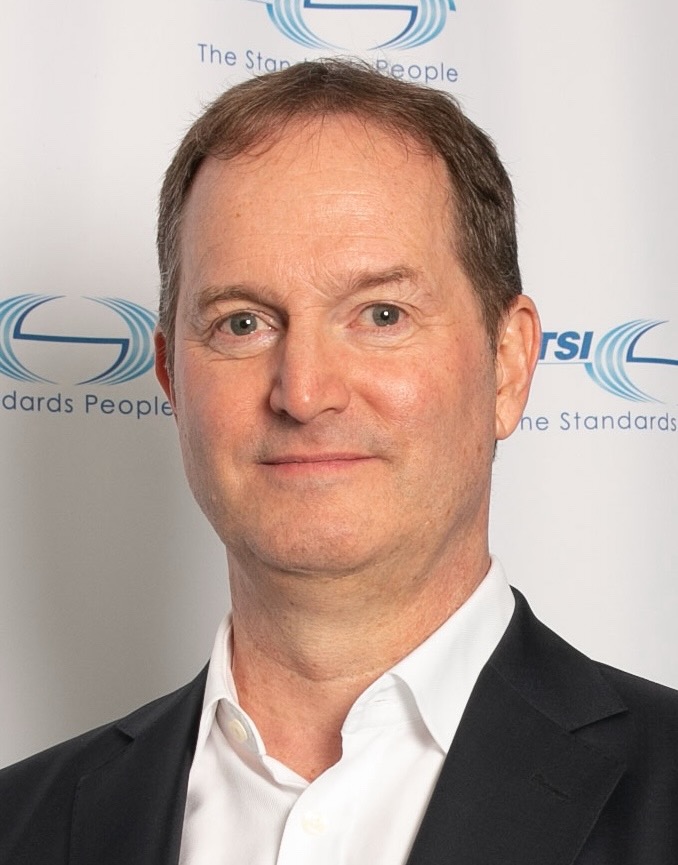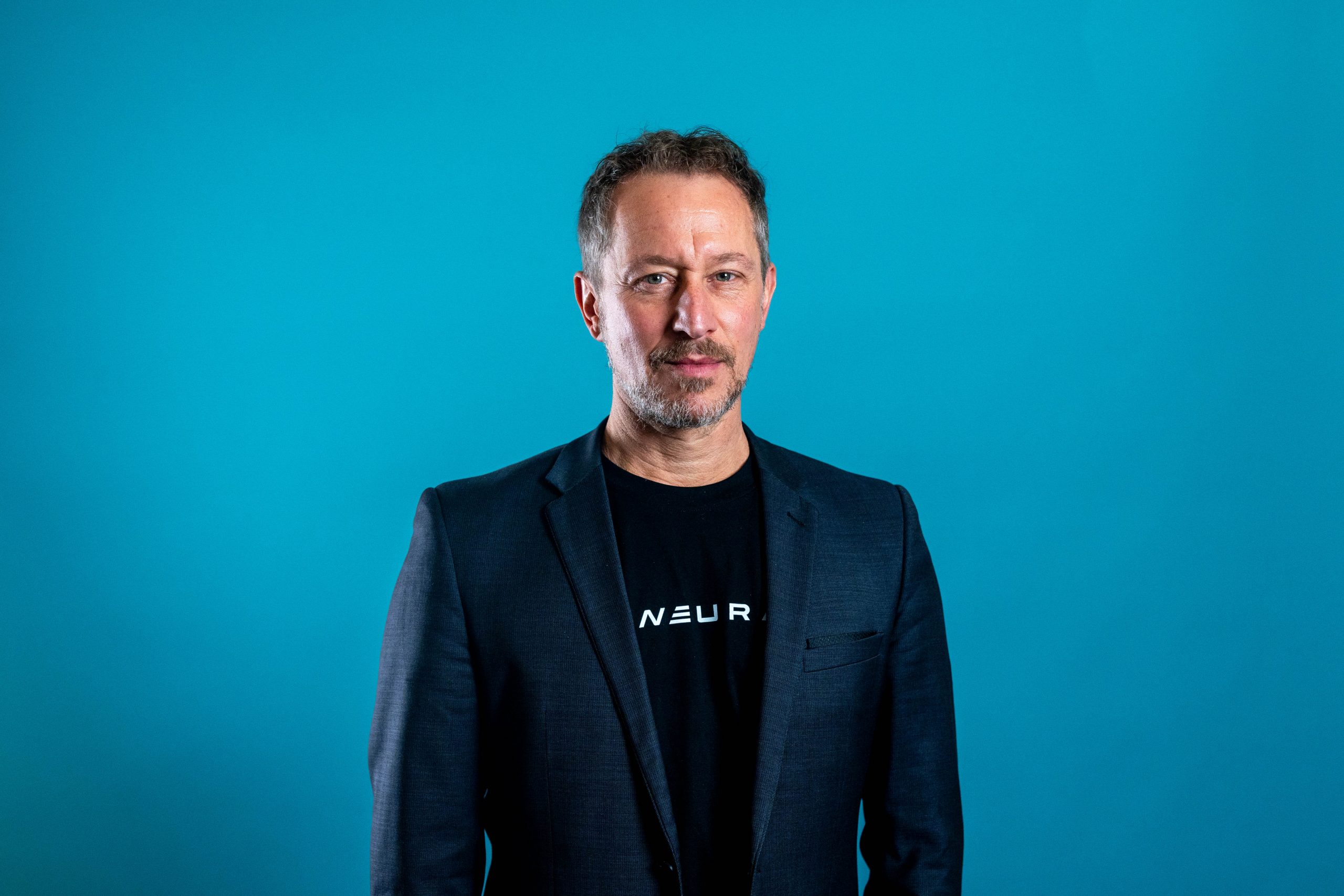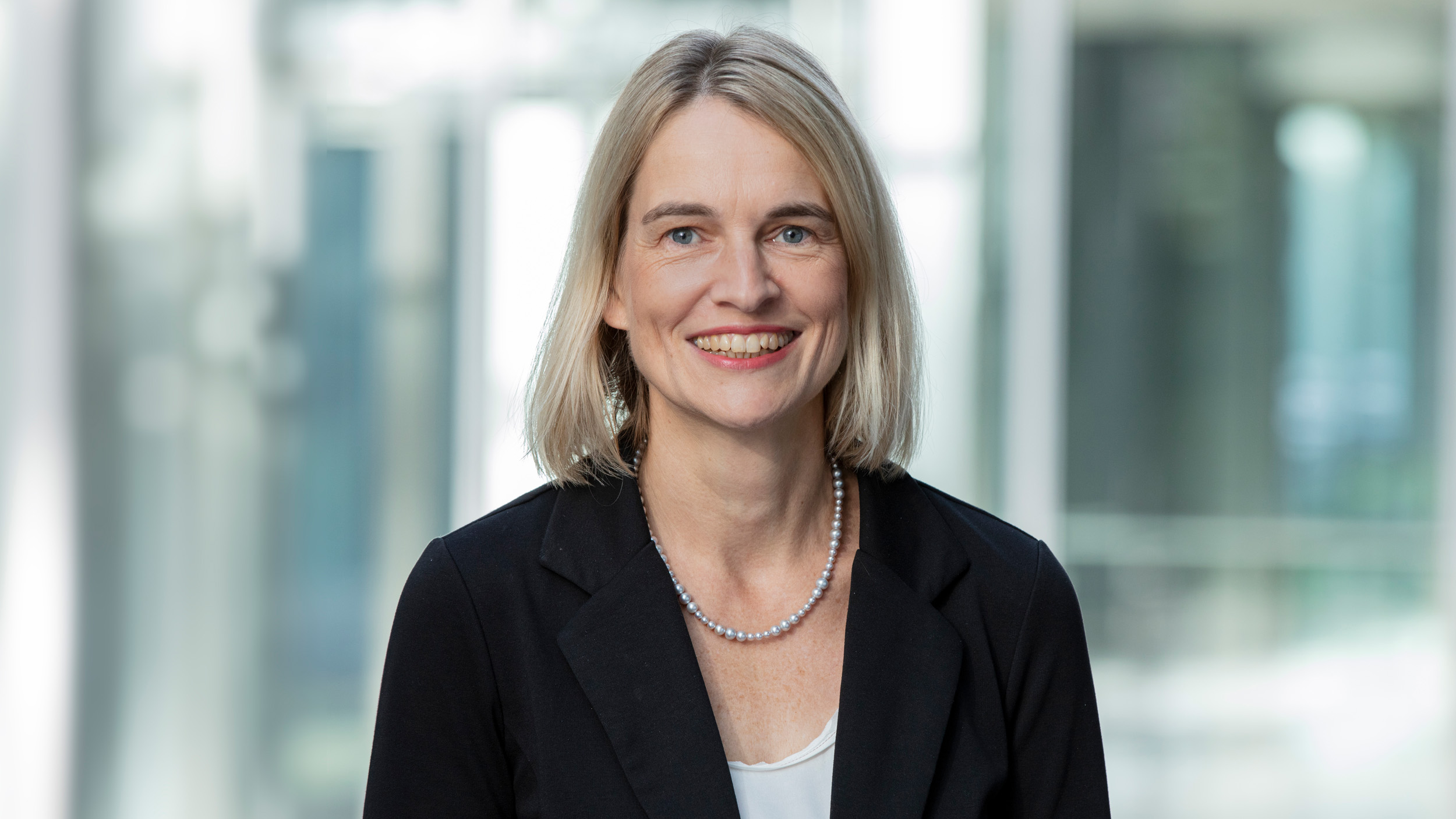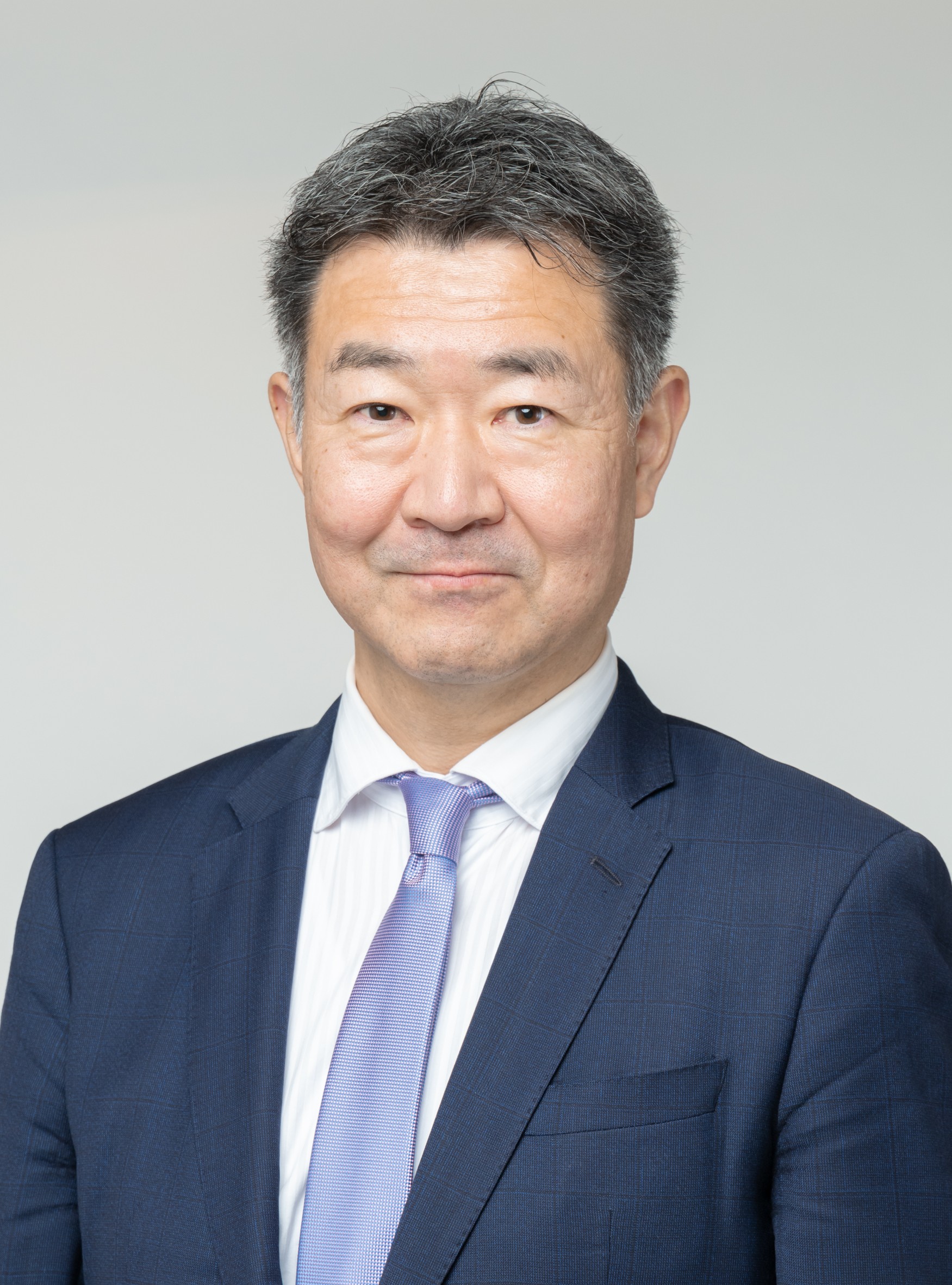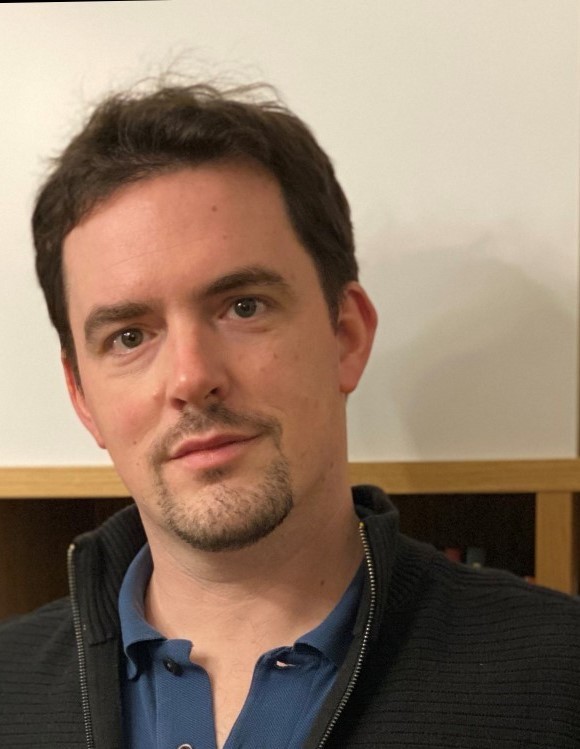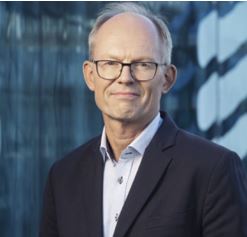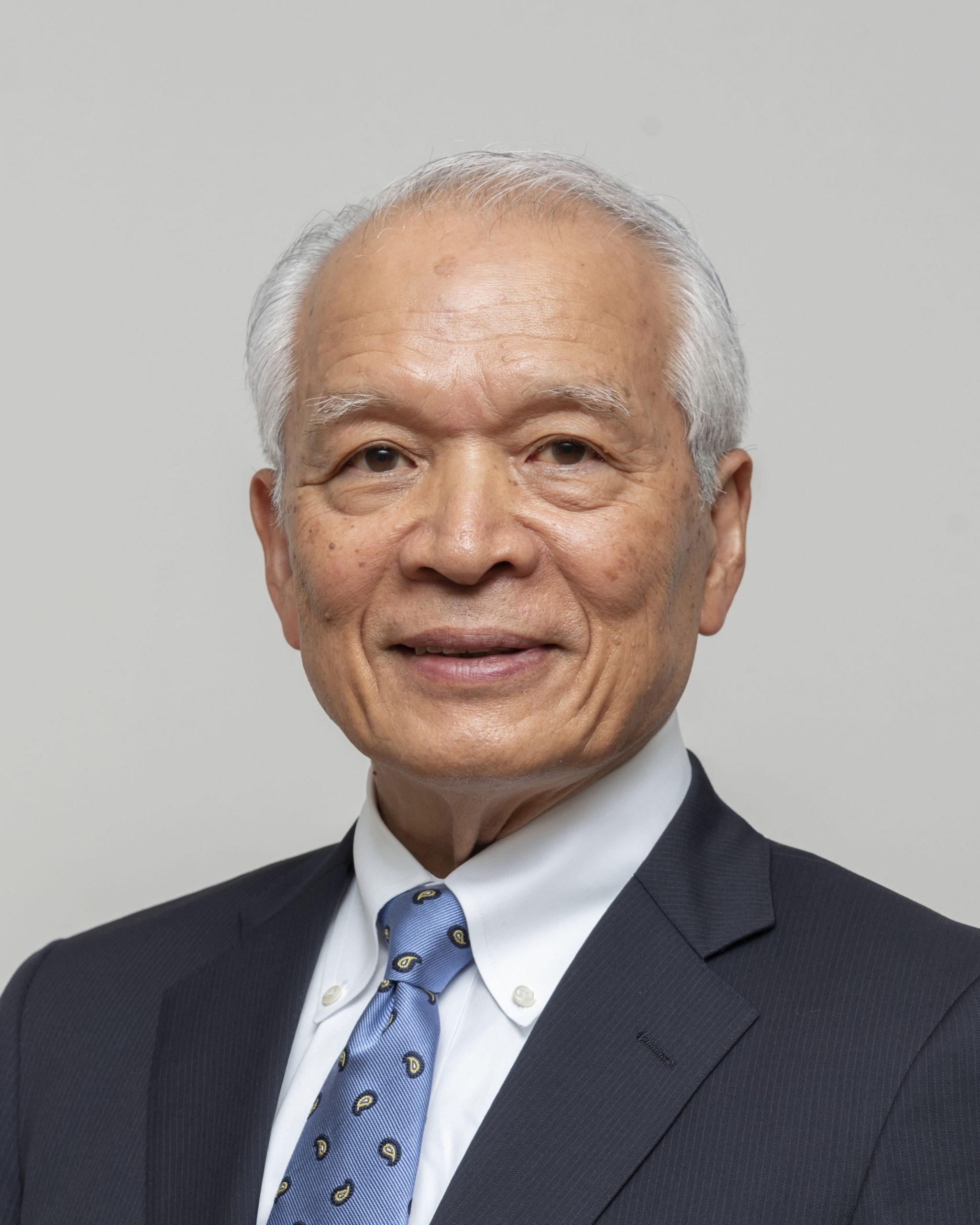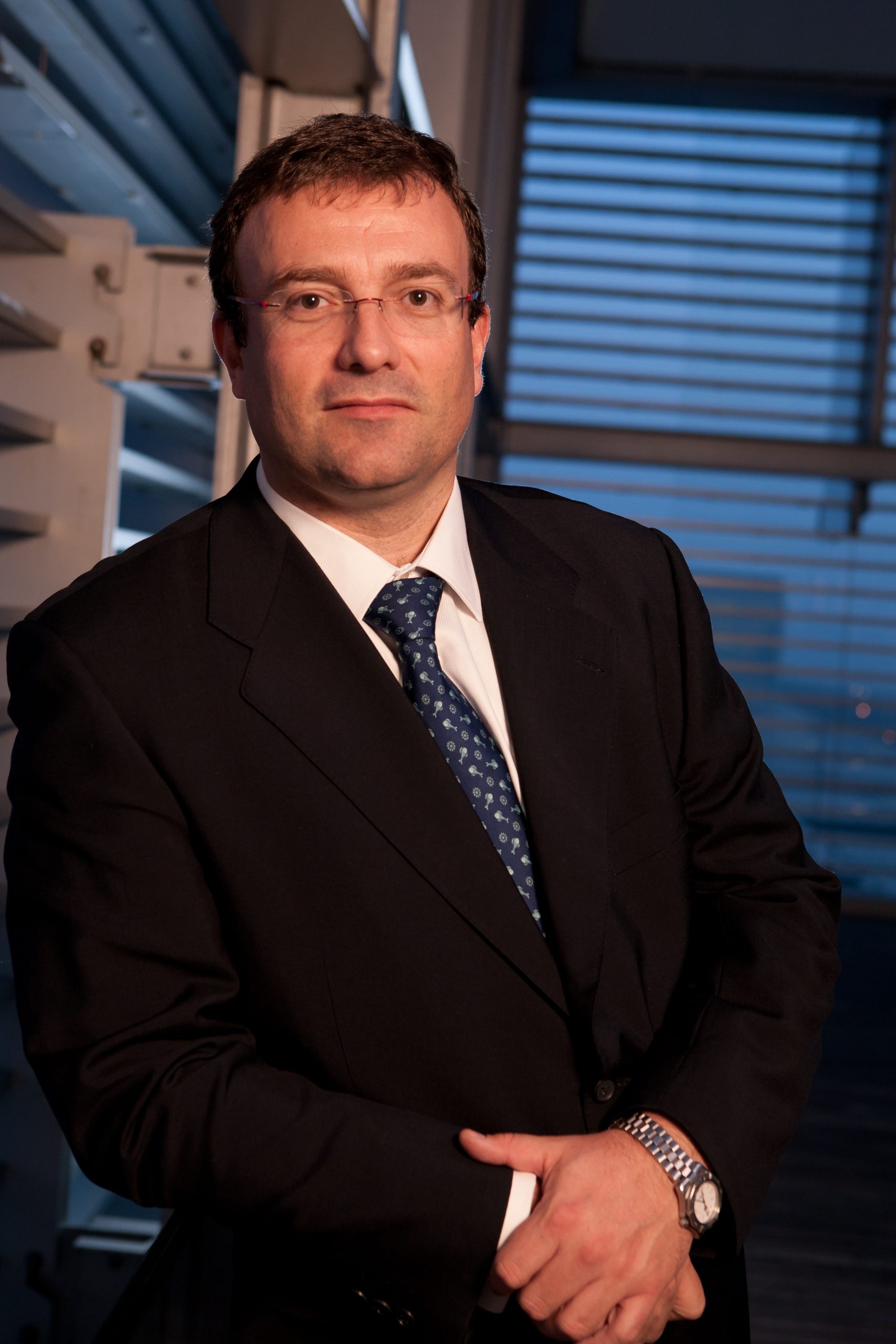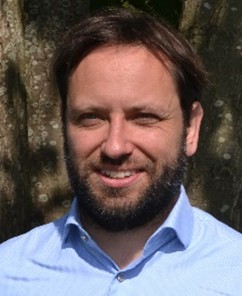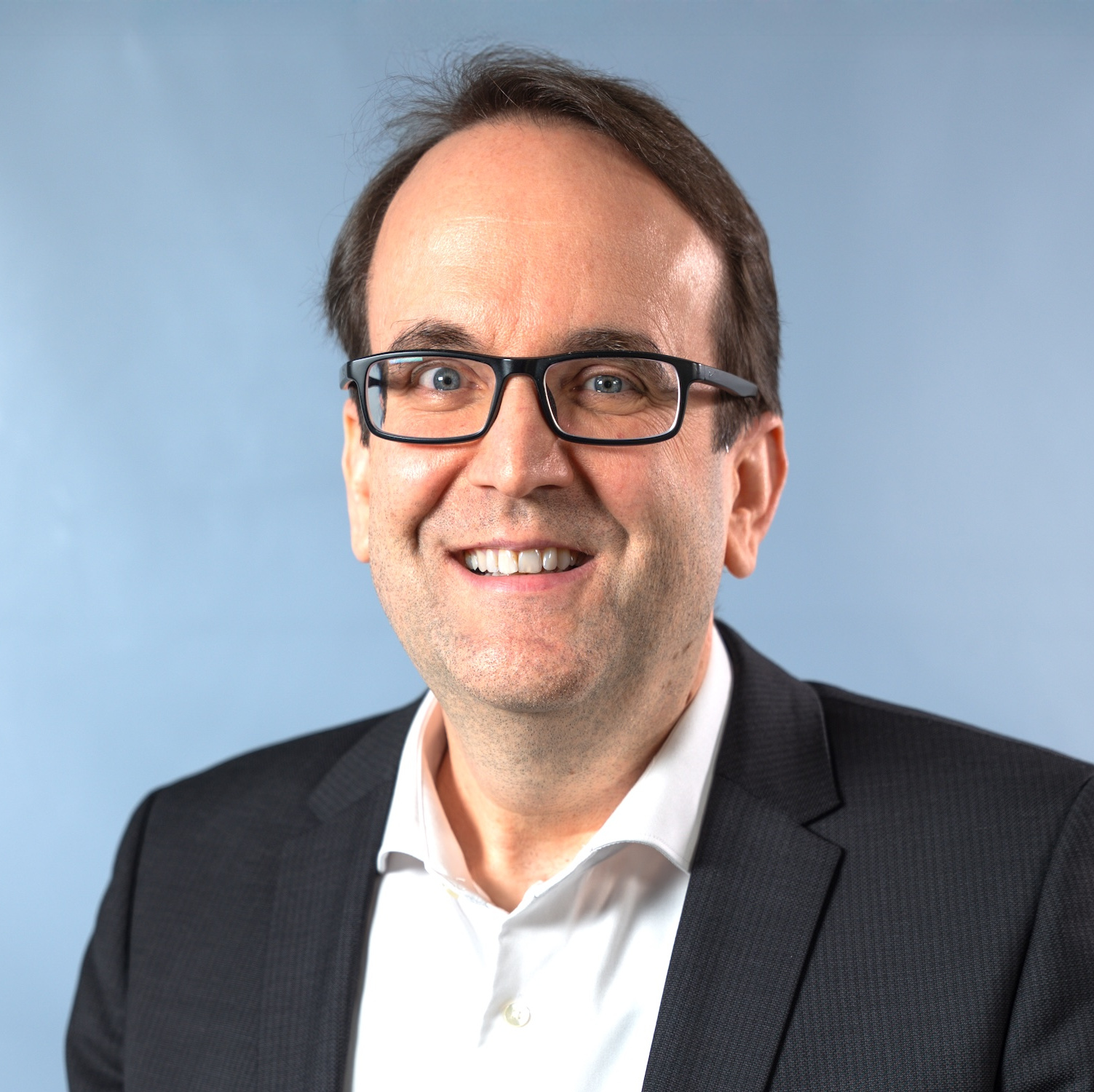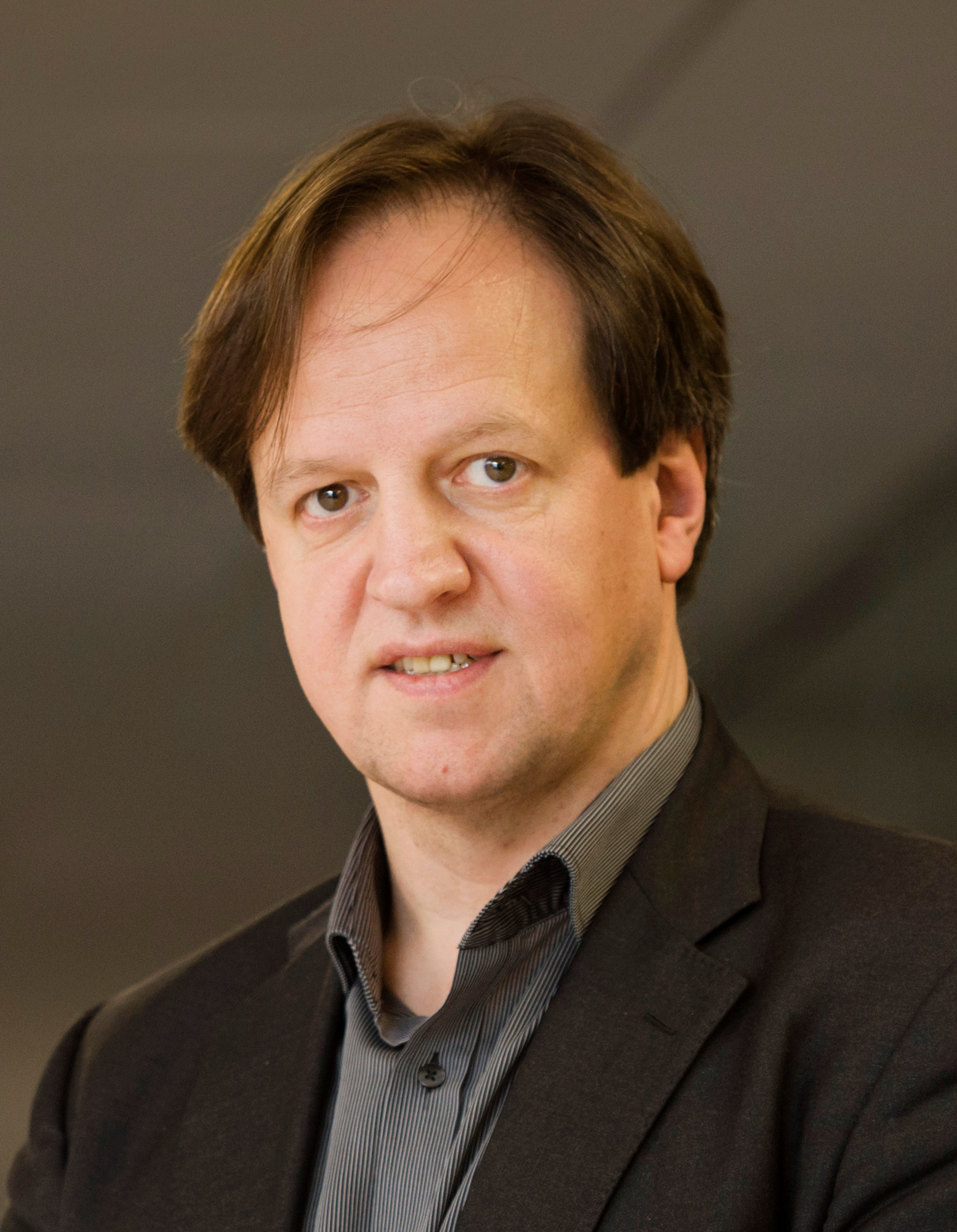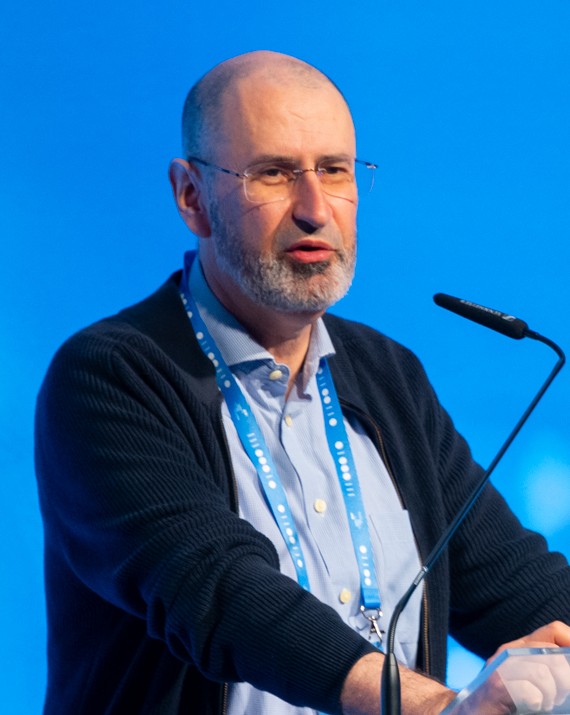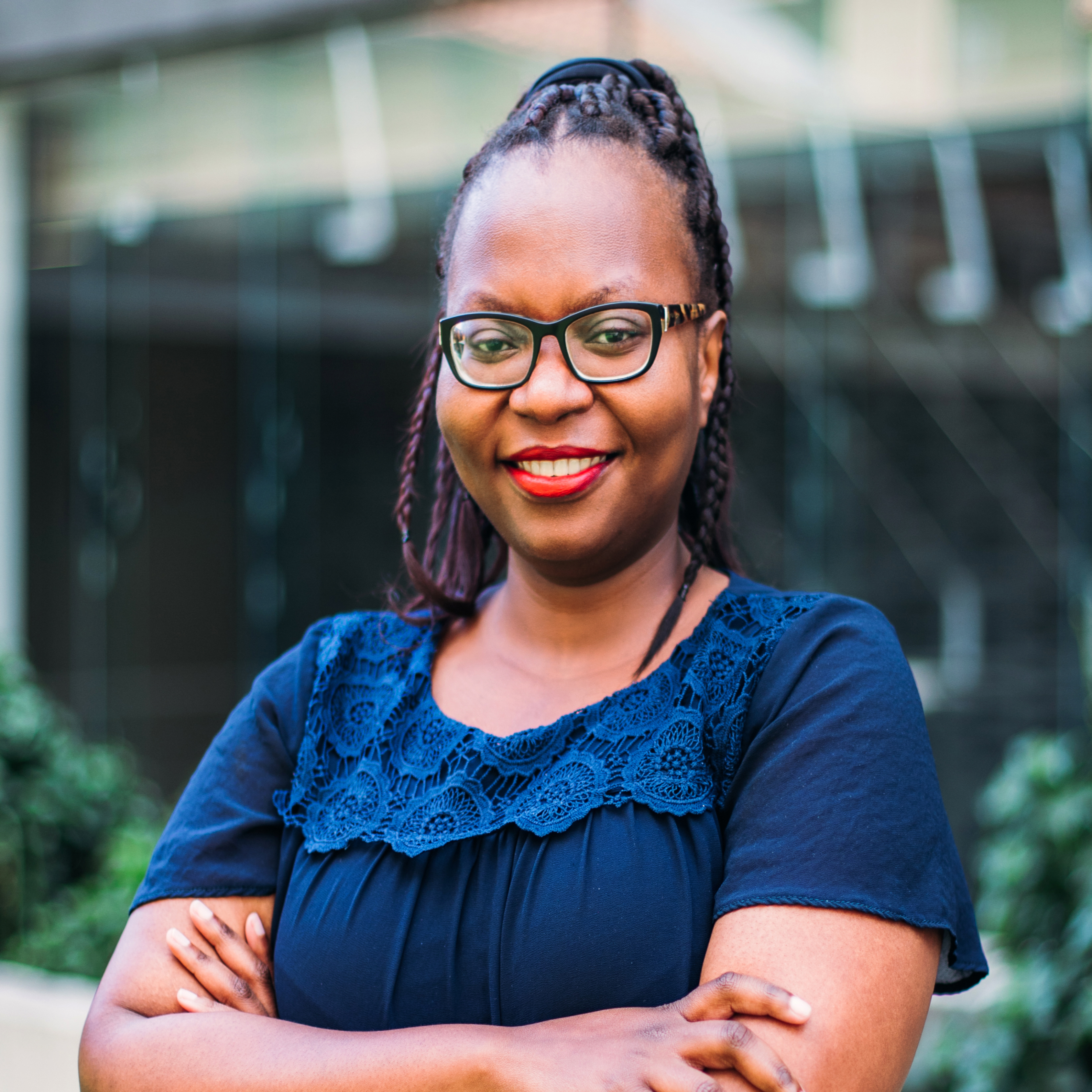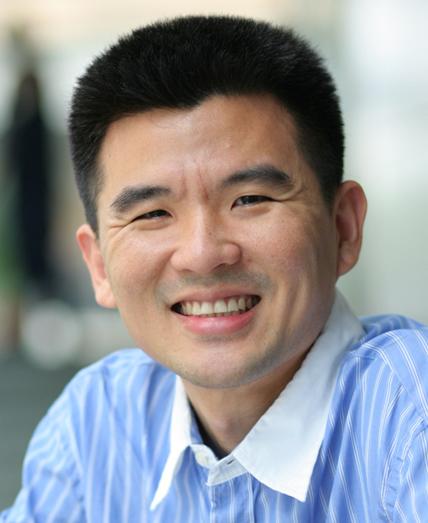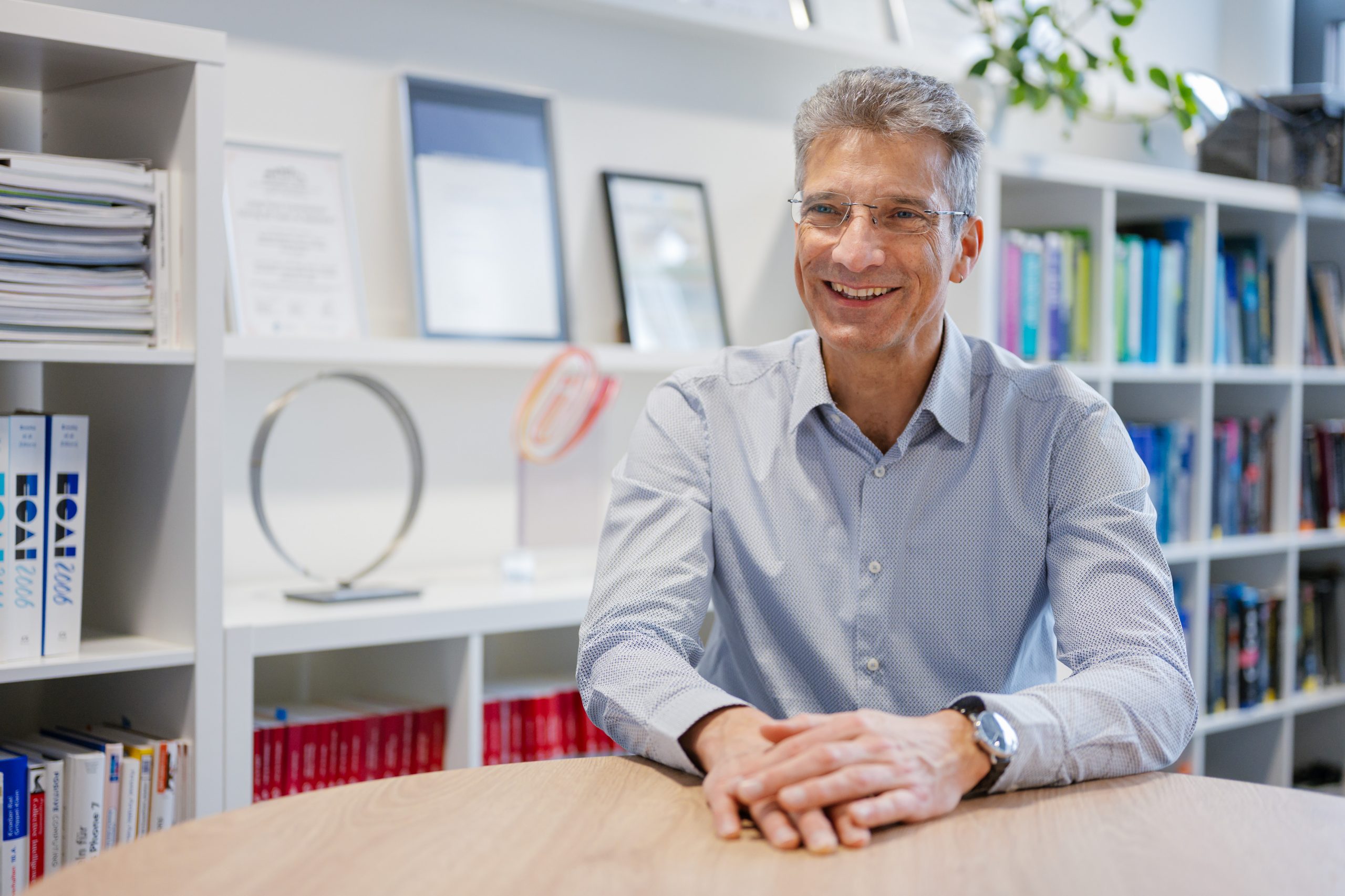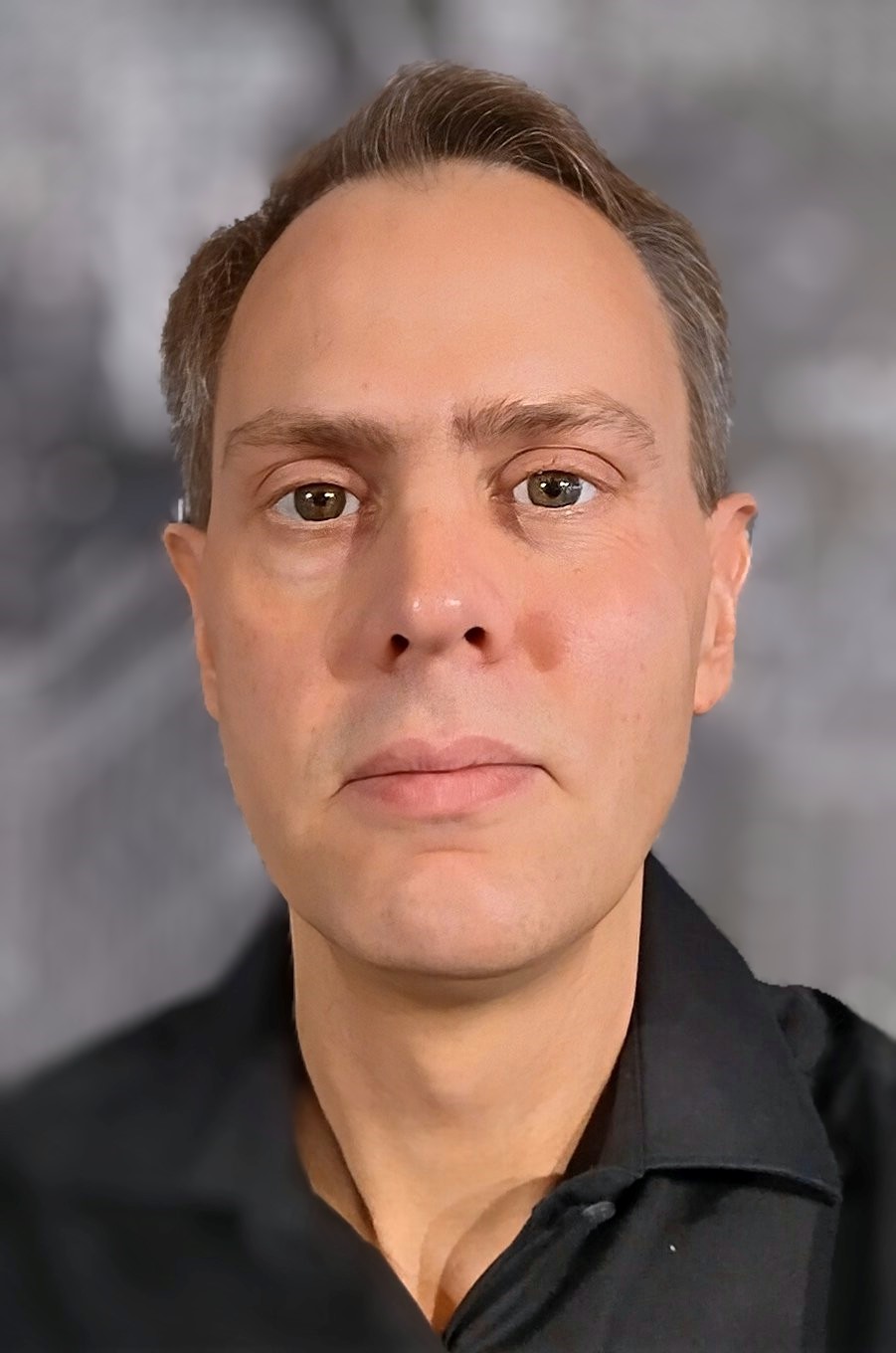Welcome to the 6G Platform Germany
Communication systems are the central nervous system of a digital economy and society. In order to be able to shape the digital future, it is crucial for Germany to be able to act with technological sovereignty. An important prerequisite for digital and technological sovereignty is to help define and appropriately implement the complex standardization and security requirements for core components and critical systems in future communications networks. The discussions on the deployment of the 5G network have highlighted the high relevance of key technologies in the field of mobile communications. In order to act in a sovereign manner, it is important for Germany and Europe to play a key role in shaping technology development and not just to use technology. In shaping the technological foundations of 6G, it is crucial that Germany takes a strong role to act at the forefront of the international research that is already underway. Central to this is, in particular, strengthening the networking and cooperation of all relevant players.
The goal of the project „Platform for Future Communication Technologies and 6G (6G Platform)“ is both to make scientific contributions to the content design of 6G and to ensure the scientific-organizational support of the processes that are necessary for the successful implementation of the German-European 6G program. To this end, harmonization with international regulation and standardization will be promoted, and opportunities for participation by society and industry will be created. Accordingly, the platform ensures that user groups that are not actively involved in mobile communications research can also contribute to the identification of 6G leading applications and requirements. The focus is on ensuring efficient harmonization of visions and concepts with the aim of defining a uniform German position. The necessary comprehensive and inclusive consideration of as many stakeholders, projects and key parties as possible is part of the accompanying research activities of the 6G platform. This takes into account that the definition of 6G is a dynamic process with currently still dynamically changing agendas.
The scientific contributions of the 6G Platform deal in particular with issues of high social relevance. In addition to internal science communication within the framework of the 6G initiative, the 6G platform is also aimed at recipients outside the scientific community. Space for dialog is created, through which broad sections of the population, from those with an affinity for technology to groups less interested in technology, are to be reached. In this way, the broadest possible participation in the innovation potential of 6G is generated in society at an early stage, which will also benefit the economy in the long term. Overall, the 6G platform is making an important contribution to the development of a 6G ecosystem and thus to advancing Germany’s technological sovereignty in future 6G technologies.
EVENTS & SPECIAL DATES
The 6G Platform will participate in the following events (as of December 2024):
A brief glimpse into the past Berlin 6G Conference 2025:
6G Research-Hubs
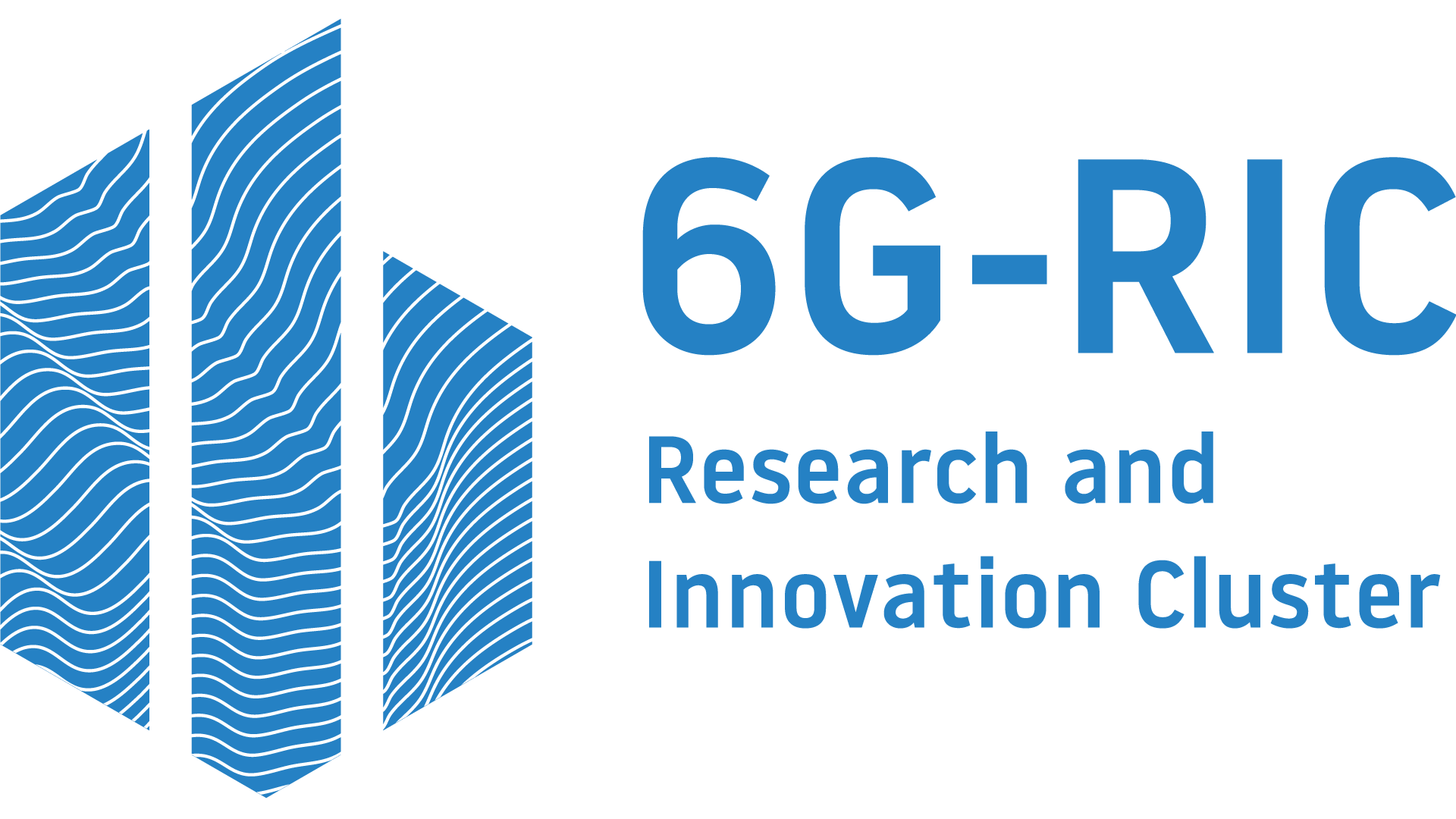
6G Research-Hub "6G-RIC"
Coordinator: Prof. Dr. Slawomir Stanczak,
Fraunhofer HHI Berlin
6G Research-Hub "6G-life"
Coordinator: Prof. Dr. Frank Fitzek,
Technical University Dresden
Coordinator: Prof. Dr. Holger Boche,
Technical University München

6G Research-Hub "6GEM"
Coordinator: Prof. Dr. Haris Gačanin,
RWTH Aachen University
6G Research-Hub "Open6GHub"
Coordinator: Prof. Dr. Hans D. Schotten,
DFKI GmbH

6G Research-Hub "6G-RIC"
Coordinator: Prof. Dr. Slawomir Stanczak,
Fraunhofer HHI Berlin
6G Research-Hub "6G-life"
Coordinator: Prof. Dr. Frank Fitzek,
Technical University Dresden
Coordinator: Prof. Dr. Holger Boche,
Technical University München

6G Research-Hub "6GEM"
Coordinator: Prof. Dr. Haris Gačanin,
RWTH Aachen University
6G Research-Hub "Open6GHub"
Coordinator: Prof. Dr. Hans D. Schotten,
DFKI GmbH
6G INDUSTRIE- & RESILIENZPROJEKTE
CONTACT US
6G Platform Office
Rheinland-Pfälzische Technische Universität Kaiserslautern-Landau
Paul-Ehrlich-Str. 11 · 67663 Kaiserslautern
Prof. Dr.-Ing. Hans D. Schotten
Tel. +49 631 205 3595
schotten-office@eit.uni-kl.de
